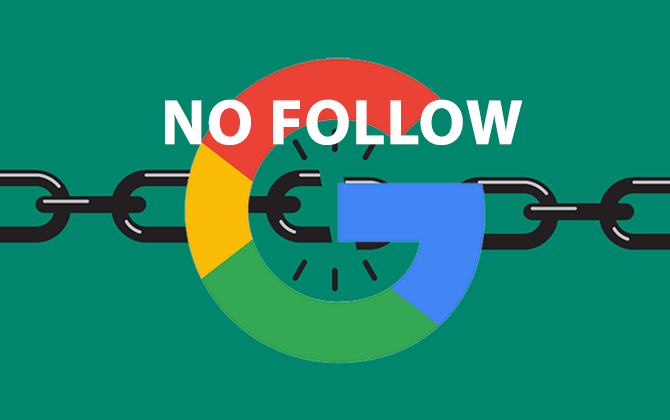
No-Follow: Your SEO with Smart Linking Strategies In 2025
Table of Contents
1. What Are No-Follow Links?
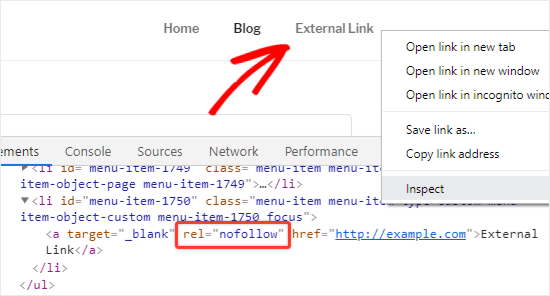
A no-follow link is a type of link that instructs search engines like Google not to follow it or pass on any SEO value to the linked website. This means that if someone links to your website with a no-follow link, it won’t directly help your site rank higher in search results. These links use a small HTML tag called rel=”nofollow” to provide this instruction to search engines. To regular visitors, a no-follow link looks like any normal clickable link, but to search engines, it is different. It’s like saying, “Here’s a link, but don’t count it as a vote.” While these links may seem unhelpful, they actually play an important role in building a natural and safe backlink profile.
2. Why No-Follow Links Were Created
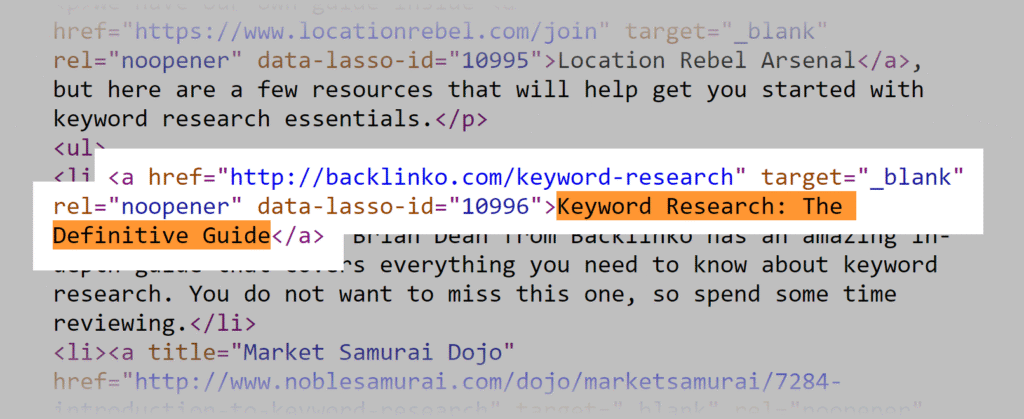
No-follow links were introduced by Google in 2005 to combat spam, particularly in blog comments and forums. Before the introduction of no-follow tags, people would spam links everywhere to increase their SEO. To address this issue, Google created the no-follow tag, allowing websites to mark specific links and instruct search engines not to give them SEO credit. For instance, when someone posts a comment on a blog with a link to their website, that link is typically no-follow. This helps prevent users from exploiting platforms to gain free backlinks. Over time, no-follow has become a key part of managing which links should pass SEO power and which should not.
3. How No-Follow Links Help Your Website
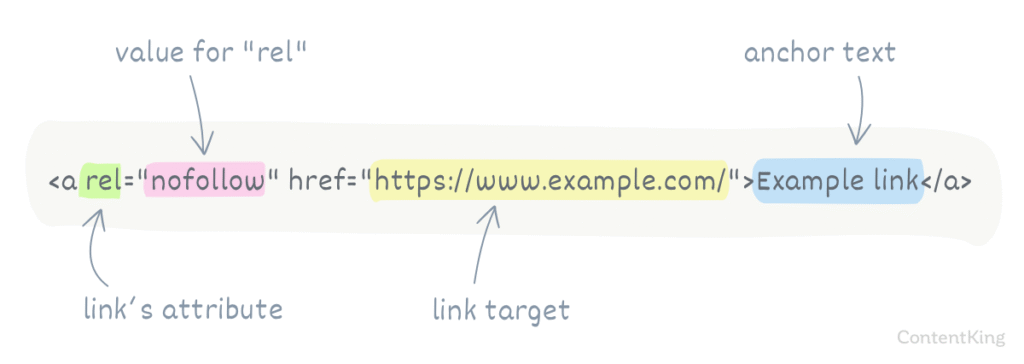
Even though no-follow links don’t directly pass SEO value, they can still benefit your website in several ways. First, they can drive traffic. For example, if you share a helpful answer with a link on Quora or Reddit, people might click it, even if it’s a no-follow link. That click brings a real visitor to your site, which increases your brand exposure and may lead to conversions. Second, no-follow links can result in future do-follow links. Someone might see your content through a no-follow link, like it, and then link to it from their blog with a do-follow link. Also, Google treats no-follow links as hints, not strict rules, so they may still affect your site’s visibility over time.
4. Where You Usually Find No-Follow Links
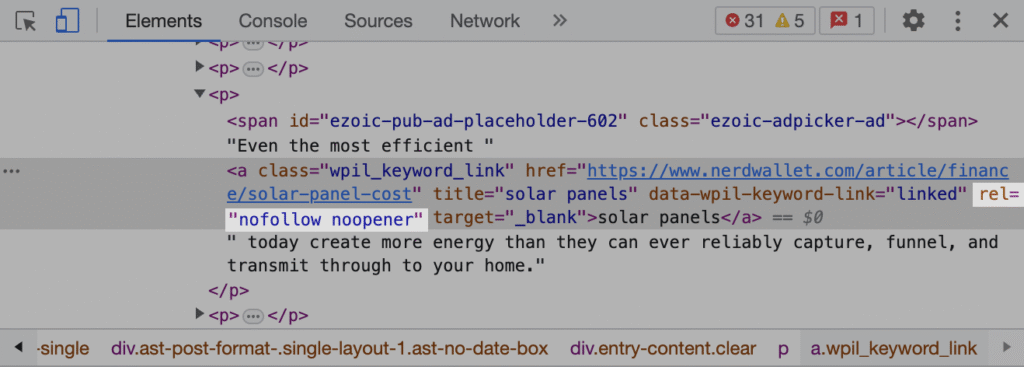
You’ll often find no-follow links on platforms that allow public posting or where trust is harder to verify. Common examples include blog comments, forum discussions, press release sites, paid advertisements, social media sites like Facebook and Twitter, and platforms like YouTube and Medium. Even news websites sometimes mark outbound links as no-follow to avoid passing authority to random or untrusted sites. This tagging helps websites steer clear of SEO penalties and stops bad actors from manipulating search rankings. So, if you’re posting a link on a platform you don’t own, there’s a good chance it’s a no-follow link.
5. Should You Ignore No-Follow Links?
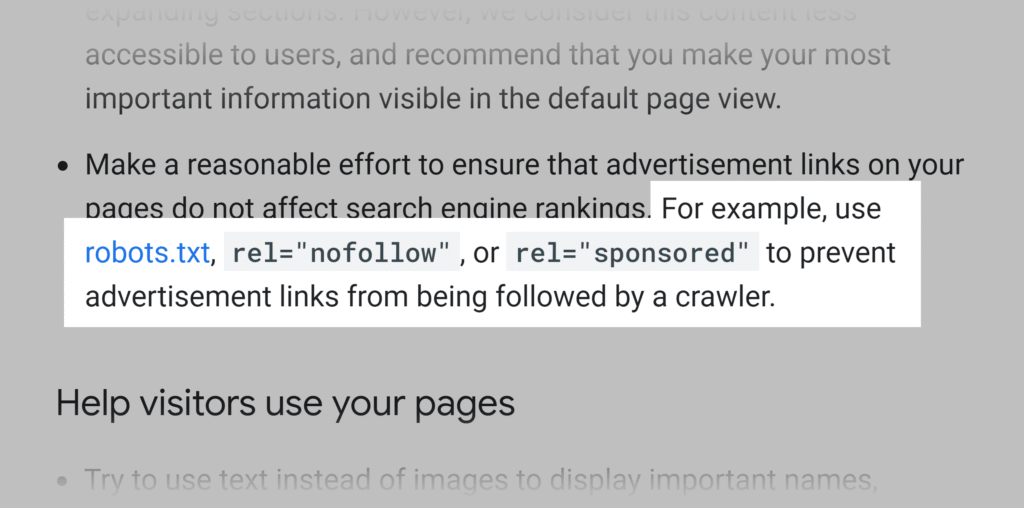
You’ll often find no-follow links on platforms that let anyone post or where trust is harder to verify. Common examples include blog comments, forum discussions, press release sites, paid ads, social media sites like Facebook and Twitter, and platforms like YouTube and Medium. Even news websites sometimes mark outbound links as no-follow to avoid passing authority to random or untrusted sites. This tagging helps websites avoid SEO penalties and stops bad actors from manipulating search rankings. So, if you’re posting a link on a platform you don’t own, there’s a good chance it’s a no-follow link.
6. Final Thoughts on No-Follow Link Strategy
In today’s SEO world, smart website owners and marketers understand that no-follow links are part of a strong strategy. These links help you stay safe from spammy practices, provide exposure on trusted platforms, and can still bring valuable traffic to your website. They also demonstrate to Google that your backlink growth is natural and not manipulated. Instead of only chasing do-follow backlinks, focus on sharing helpful content, being active on forums, answering questions, and building your online presence, regardless of the type of link it provides. In the long run, no-follow links can lead to stronger connections, authority, and even do-follow opportunities.
7. FAQs
- What is a do-follow link?
A do-follow link lets search engines follow it and pass SEO value to the linked page. - Why are do-follow links important for SEO?
They help improve your website’s authority and rankings in search engines. - How do I know if a link is do-follow?
You can check the page’s HTML or use browser extensions like “NoFollow Simple.” - Do all websites give do-follow links?
No, some websites add no-follow by default to prevent passing SEO value. - Can too many do-follow links harm SEO?
Yes, if they come from low-quality or spammy sites, they can hurt your rankings.
